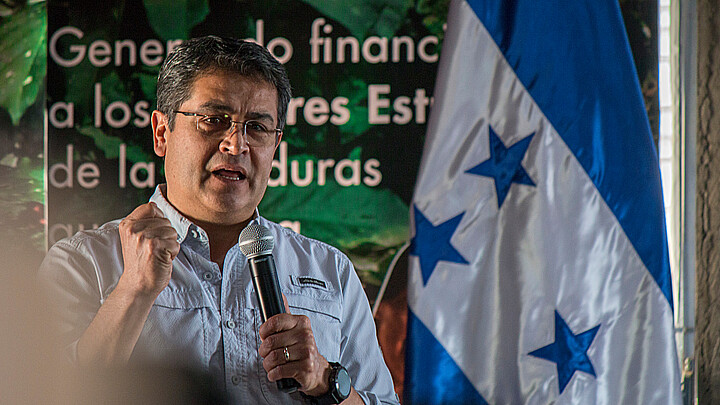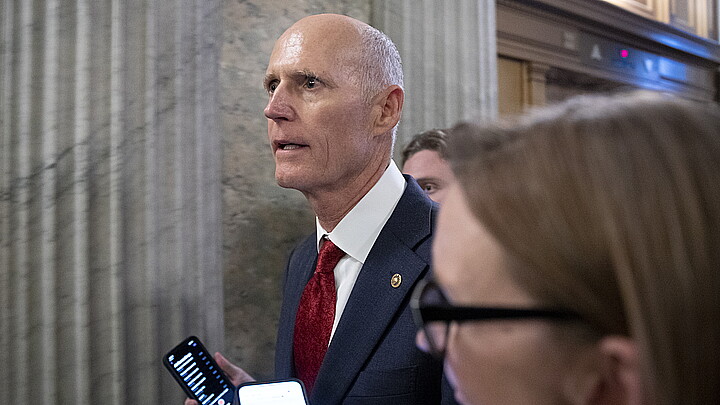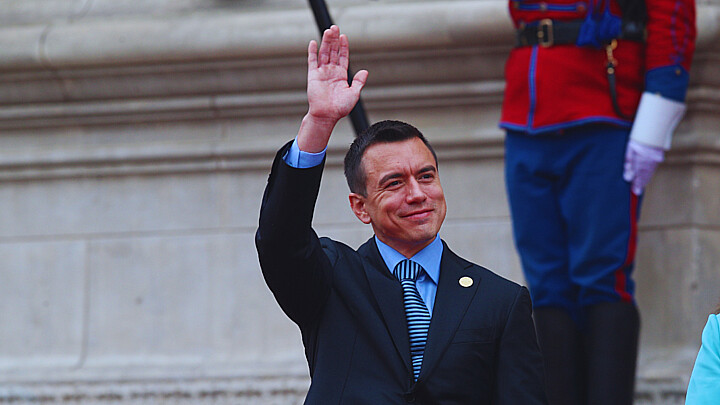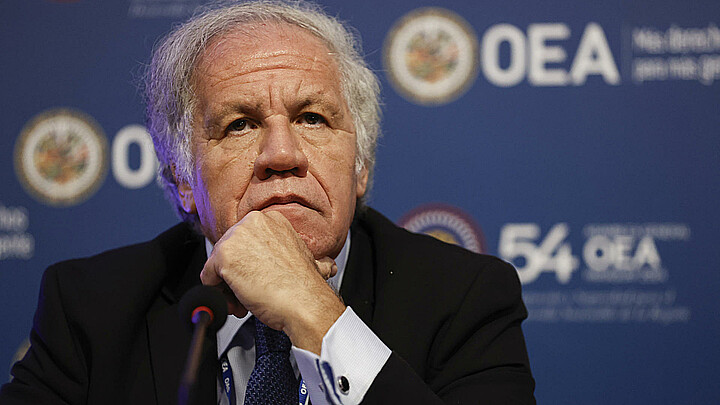Politics
Kremlin once again refused to rule out Latin American military deployments as Ukraine tensions grow
“For Latin America — we’re talking about sovereign states there, let’s not forget that,” Russian Deputy Foreign Minister Sergei Ryabkov told reporters on Monday
January 18, 2022 12:40pm
Updated: February 4, 2022 2:11pm
The Kremlin has once again refused to rule out the deployment of military assets to Cuba and Venezuela, saying it is “exploring options” to ensure Russia’s security as tensions with the West over Ukraine continue to grow.
Last week, after diplomatic talks about Ukraine were held between the Kremlin and the West, Russian Deputy Foreign Minister Sergei Ryabkov said he could “neither confirm nor exclude” the possibility of Russia sending forces to Cuba and Venezuela if a diplomatic agreement over Ukraine is not reached.
Asked to comment on Ryabkov’s statement, Kremlin spokesman Dmitry Peskov said on Monday that Russia was “reviewing different scenarios.”
“For Latin America — we’re talking about sovereign states there, let’s not forget that,” he told reporters.
“And, in the context of the current situation, Russia is exploring options that would ensure its security.”
But Peskov’s comments came as Belarusian President Alexander Lukashenko confirmed on Monday that Russia and Belarus will hold joint military drills next month, citing alleged troop build-ups by Ukraine, Poland and the Baltic states along the Belarusian border.
According to Lukashenko, there are presently more than 30,000 soldiers stationed along his country’s borders.
“These should be normal exercises to work out a certain plan in the confrontation with these forces: the west [the Baltics and Poland] and the south [Ukraine],” he told the Belarussian state news agency BELTA.
But as neither Moscow nor Washington appear ready to make the necessary concessions to secure a de-escalation, Monday’s developments have added to fears of a possible breakout of conflict in Europe.
At last week’s meeting in Vienna of the Organization for Security and Cooperation in Europe (OSCE), Polish Foreign Minister Zbigniew Rau, the OSCE Chairman-in-Office, noted that "the risk of war in the OSCE area is now greater than ever before in the last 30 years.”
“For several weeks, we have been faced with the possibility of a major military escalation in Eastern Europe," he said.
At a meeting of European Union foreign ministers in Brest, France, Danish Foreign Minister Jeppe Kofod stated that it’s important “for Putin to understand that the military threats, the game he’s playing, the way he’s trying to take us back to the darkest days of the Cold War, is totally unacceptable.”
Similarly, the EU’s foreign policy chief, Josep Borrell, reiterated that “any further aggression against Ukraine will have massive consequences and severe costs for Russia,” saying that the 27-country bloc is preparing to send financial and logistical support to Kiev.
The Kremlin, on the other hand, has blamed NATO for undermining the security situation in the region, arguing that the U.S.-led military alliance is threatening its territorial sovereignty.
Moscow has thus been adamant in its demands that NATO never embrace Ukraine or any other former Soviet nations as new members.










